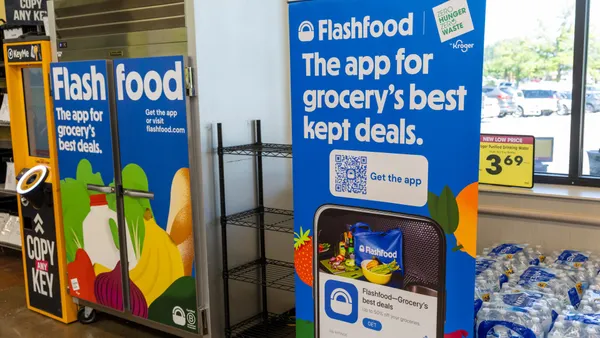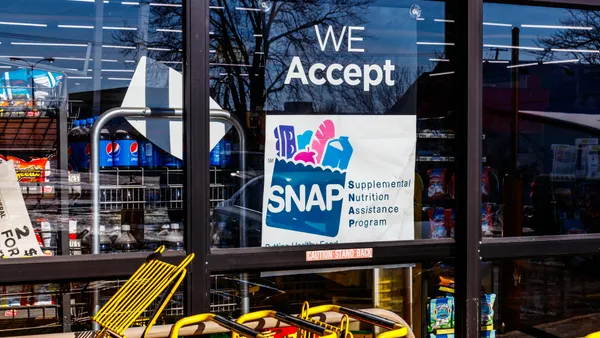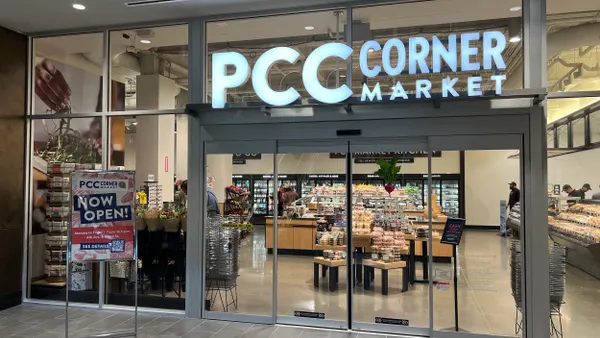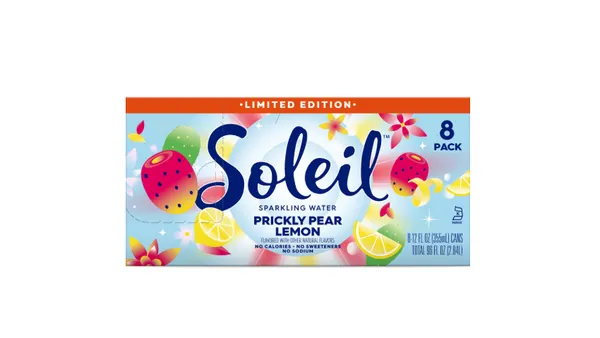Dive Brief:
- The Food Industry Association (FMI) outlined nearly two dozen preliminary recommendations for the White House focused on food and nutrition, with an emphasis on ways to improve accessibility and affordability.
- The recommendations are part of a report the trade group released on Monday ahead of the White House Conference on Hunger, Nutrition, and Health in September. Areas addressed by FMI include advancing digital payment options for SNAP and Special Supplemental Nutrition Program for Women, Infants, and Children (WIC) customers; promoting food-as-medicine programs; and supporting more consumer education on nutritious food.
- Many of the recommendations could help broaden grocers’ customer bases and potentially boost spending on healthy foods.
Dive Insight:
Half of the 22 recommendations FMI forwarded to the White House address access and affordability issues with food, including urging the USDA to prioritize its mobile payment pilot for SNAP, which is currently seeking up to five state agencies to test SNAP purchases via customers’ phones.
The trade group also wants to see the federal government use community grants and “novel and flexible transportation and delivery options” to tackle limited food access, particularly for households that live more than 10 miles away from a grocery store.
The report is a result of the trade group working with food industry representatives, including food retailers, wholesalers and manufacturers who are members of the trade group.
While the majority of the recommendations focused on access and affordability, others focused on better linking food to health and offering consumer-facing education.
FMI wants to see the USDA incentivize food retail to have services, such as counseling and cooking classes for SNAP and WIC participants and low-income households, offered by registered dietitian nutritionists.
“Supermarket dietitians sit in the sweet spot between healthcare and public health, providing innovative, nutrition-focused, solution-oriented guidance for shoppers,” the report notes.
The group also wants Congress to broaden access to nutrition care with legislation that expands the list of qualified providers authorized to refer patients for medical nutrition therapy, a nutritional counseling regimen covered by Medicare.
The trade group also said the USDA and Congress should rely on positive incentives rather than restrictions to promote food choices for consumers and urged the USDA to support incentives based on the “best practices established by the community partnerships that include local food retailers, healthcare organizations, non-profits, and other collaborators.”
“Consumers are faced with a lack of consistent and at times even conflicting evidence-based information regarding nutrition, health and food choices everywhere, and they are confused and frustrated about how to know what the ‘healthy’ choice is and how to achieve a healthier pattern of eating that aligns with the Dietary Guidelines,” FMI said in the report.
The report comes at a time when grocers are increasingly seeking ways to tap into the growing food-as-medicine space and address barriers that make it harder for people to find and pay for groceries.
“The Conference on Hunger, Nutrition, and Health provides an historic opportunity for all stakeholders to join in the goal of ending hunger and food insecurity, reducing diet-related diseases, and improving nutrition,” FMI President and CEO Leslie Sarasin said in a statement.












